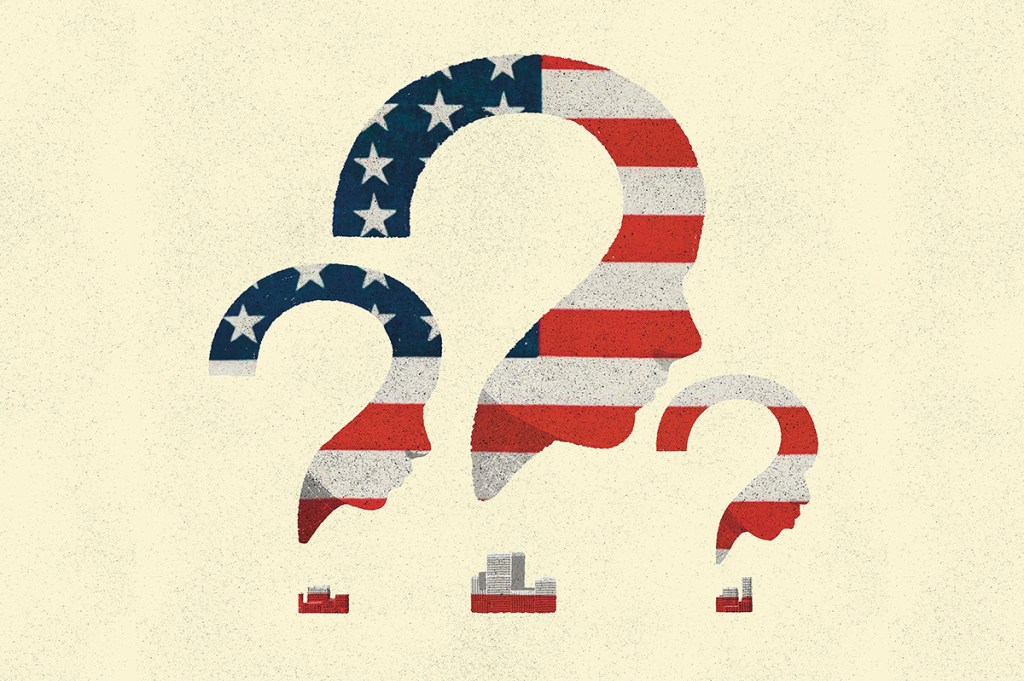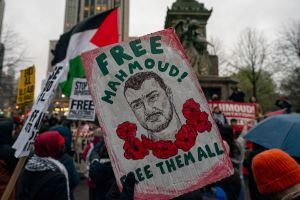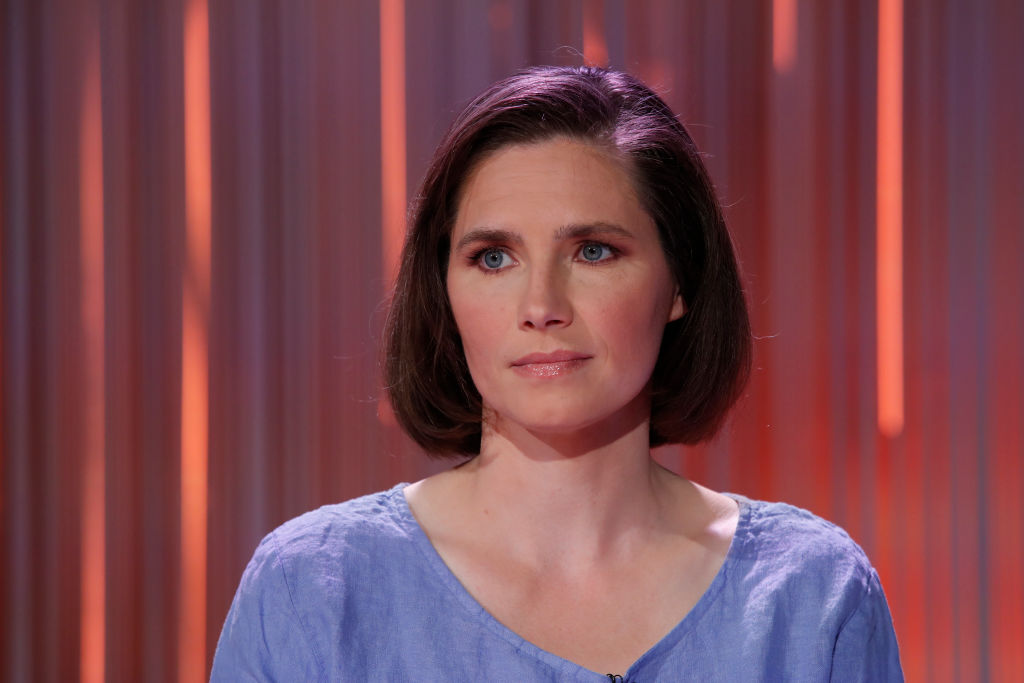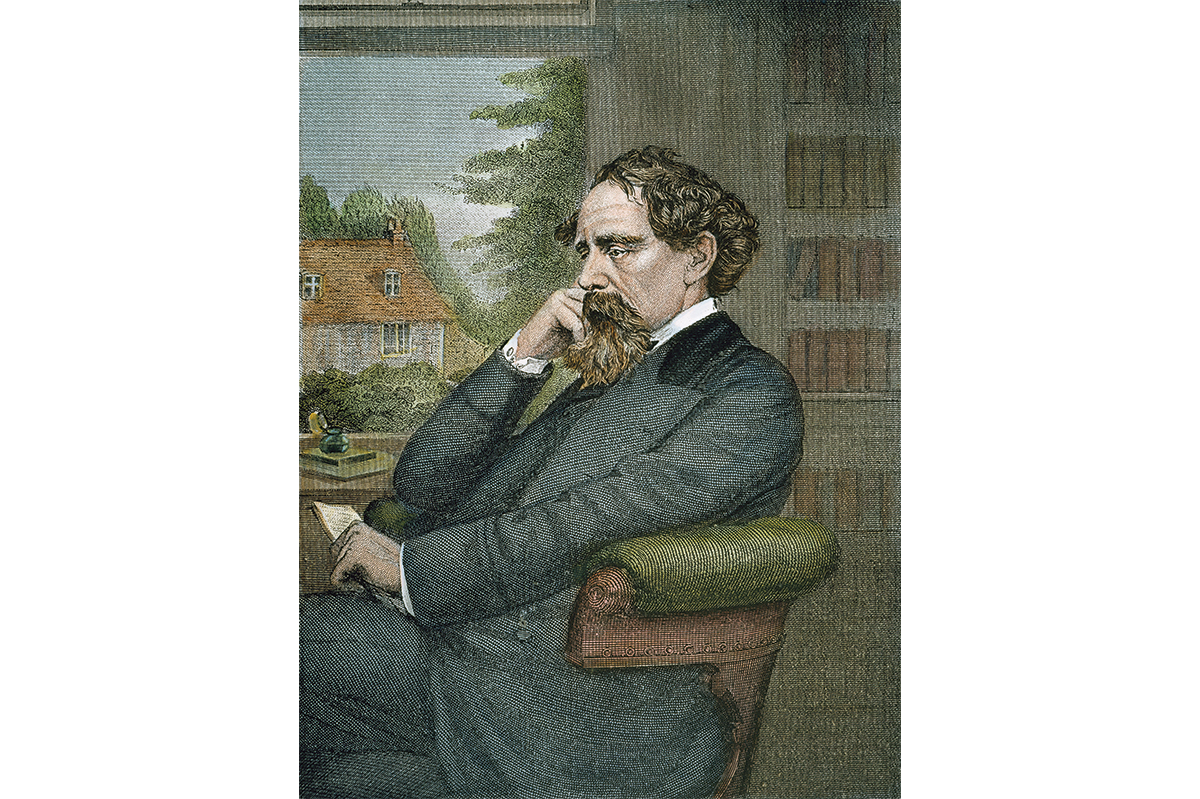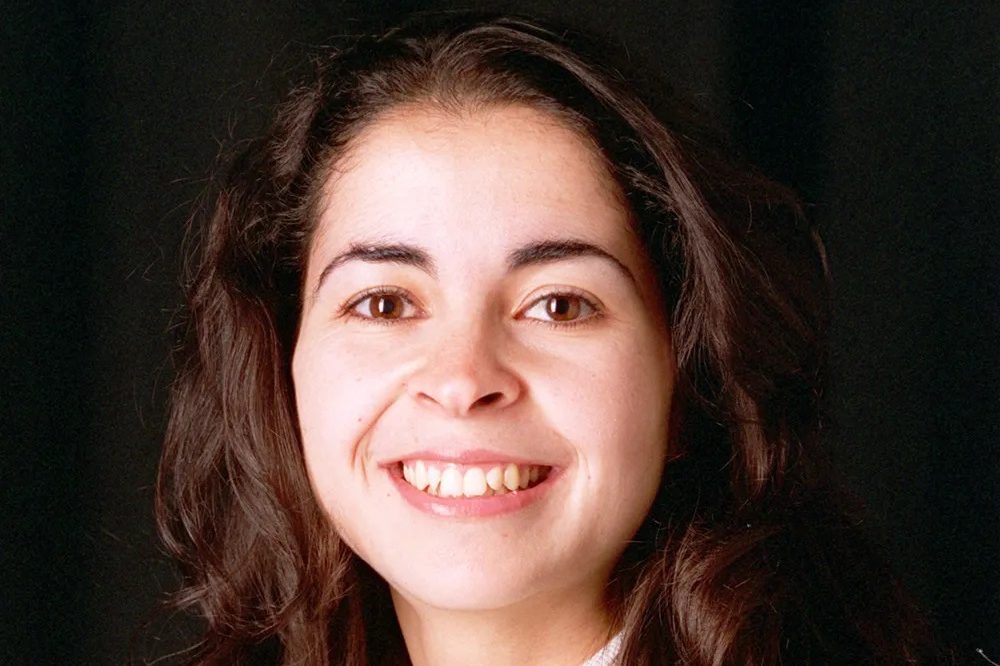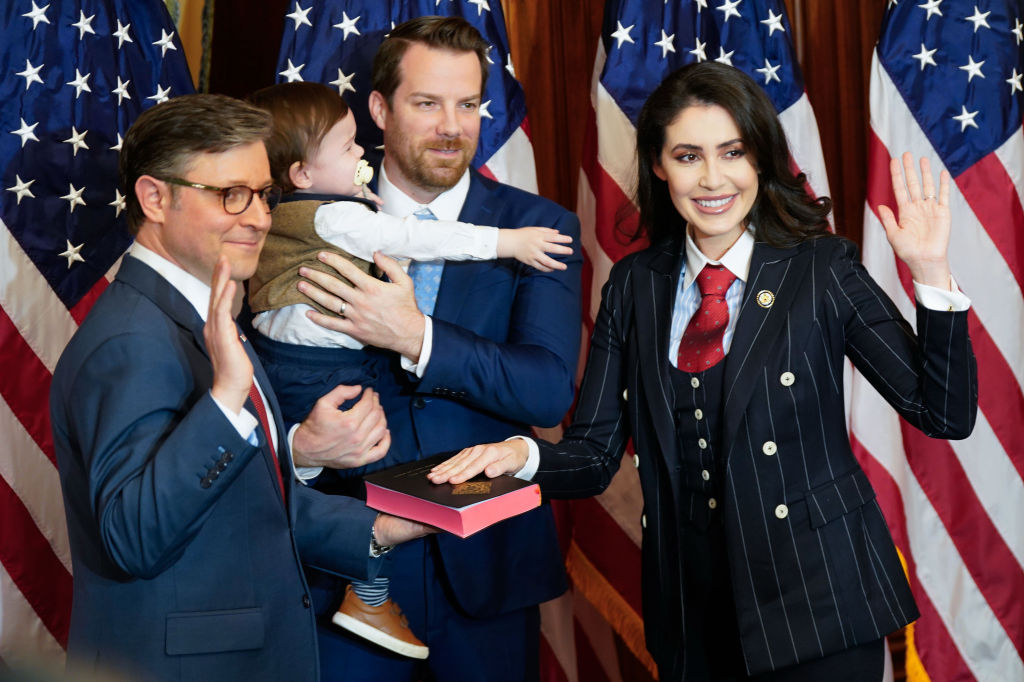Utica was once home to the American Nightmare. In the 1960s, the upstate New York city was a vibrant manufacturing hub, home to 100,000 people. Then the great unwinding began. General Electric pulled out in the early 1990s, and shortly after that the Air Force base closed. Entire streets burned as fleeing residents tried to claim insurance payouts. Families moved out as gangs from New York City moved in. Walking through the rubble in 1999, the mayor joked to an interviewer he had been having a nightmare of his own: “I dreamed I was the mayor of the city of Utica.”
If it hadn’t been for the remarkable influx of refugees from Vietnam, Bosnia, Burma, Somalia, Iraq and elsewhere, Utica might have continued to fade: this is the broad narrative of Susan Hartman’s book City of Refugees, the result of eight years during which she followed the lives of three refugees and their families through Utica’s restoration.
Hartman started her project in 2013, and what begins as a nice story of what happens when refugees come to America, hustle, open small businesses, find love and enjoy life takes a turn halfway in when we find out that Ali, one of her protagonists, voted for Donald Trump.
Ali is far and away the most interesting character in Hartman’s hagiographies of refugees trying to make their way in America. Ali arrives aged thirty-nine, having previously fled Saddam’s Iraq. He gets lonely, so wanders the city’s bars ordering juice and trying to not make people “nervous.” Ali wants to fight the terrorists who killed his brother. To this day, he believes in the War on Terror.
I’m not sure that Hartman does him justice. His backing of Trump is an event that should blow open the entire book. Instead, its onset gets treated like a minor domestic inconvenience between Ali and his American girlfriend Heidi. “Don’t you hear it, the racism? Why aren’t you angry?” she asks him around the time of the infamous travel ban. Evidently Ali does not. “I don’t think Trump is anti-Muslim. I think he’s anti-terrorist,” he retorts elsewhere. Despite this, the Trump election is paradise lost for her city of refugees. In the last year of the Obama administration, 85,000 refugees were admitted to the United States; 25,000 were taken in during Trump’s first year. Fewer refugees arrive in Utica. Bigots apparently make a comeback. Will the restoration of Utica survive?
At this point, doubt starts to creep into Hartman’s hagiography, and arguably she starts to speak on behalf of her characters. There’s some selective phrasing that seems eager to tie “Trump’s policies” to Ali’s poor luck in finding a job; he eventually gets deployed to Iraq as a translator. In this regard Hartman is a victim of both her style and her exploration of her characters’ everyday existences. We are offered their witty aphorisms, how they make their tea, the quiet tragedy of their lives before they came to America, but at times there is little else. Yes, they start to sound like Americans, and start to think like them too, but who are they really? Hartman has insisted she started with a story, not an agenda. She doesn’t want to make “big statements.” The problem is that, at one of the most urgent moments in America’s history, her characters quite clearly do.
Eight years is a long time. Hartman’s city of refugees is doomed to become a city of Americans. Eventually Covid strikes. The town muddles through. But those old discontents that once conjured Trump seem to endure: the disquiet, the boredom, the economic uncertainty. Ali returns from Iraq with PTSD. “Now I feel 75 percent American, 25 percent Iraqi,” he says. There is no pat happy ending.
In many ways, Hartman has been overshadowed by the literary success of American nonfiction in the twenty-first century, which has been elevated to touch on themes once the sole preserve of the great American novel. When compared to George Packer — the modern-day master of the genre, who grabs contemporary America by the balls and writes sagas in the manner of DeLillo and Roth – Hartman can only be found wanting. Packer writes about God and TV and Americans sitting on their front porches late at night dreaming; Hartman doesn’t lack similar ambition, but the way that she tells her story of a Rust Belt city’s revival, with its generation of refugees and the new American immigration story, can seem milquetoast in comparison.
“Sometimes it was a struggle,” Hartman confesses at the end, remarking on the process, “not to show how deeply I cared.” For all its flaws, this is a work of depth and honesty. It quietly observes rather than probes; I wonder if in the spaces lost between the minutiae of her subjects’ lives, we ultimately end up learning less than we should about them. Not as refugees, but as Americans in crisis.
This article is taken from The Spectator’s June 2023 World edition.



